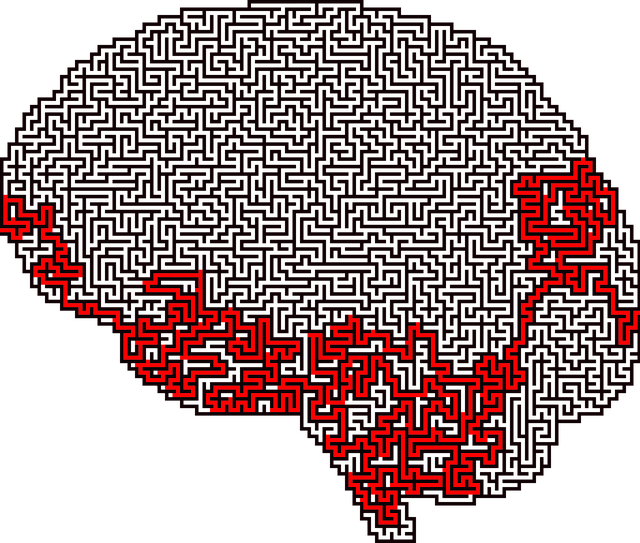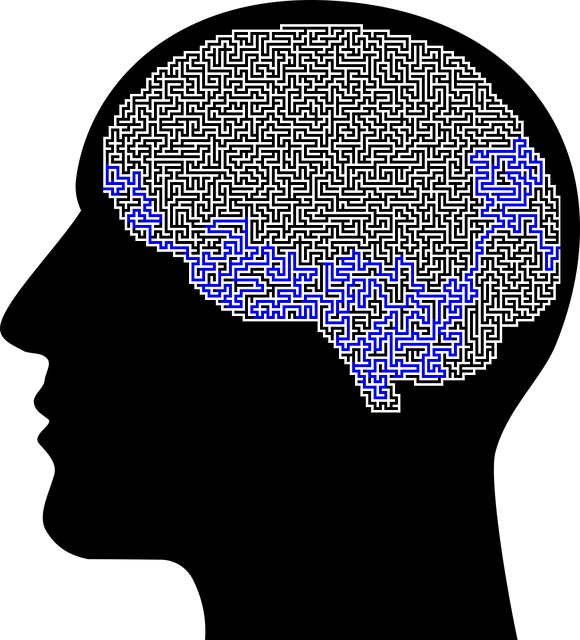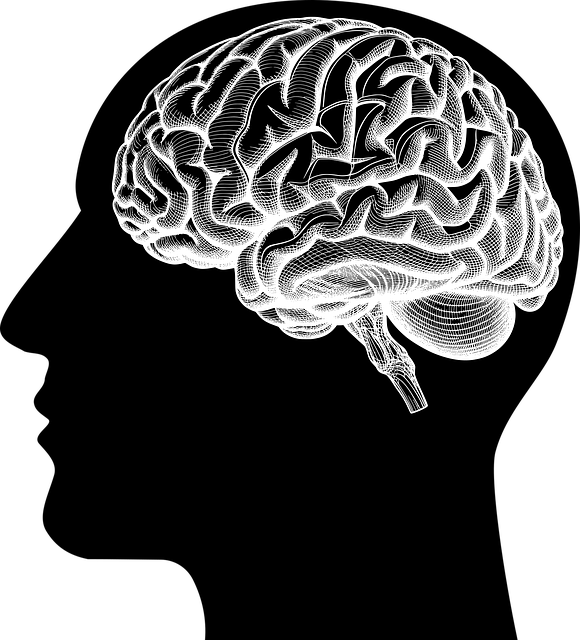Mental health data collection in Centennial Cancer Issues Therapy is key to understanding and improving patient support services. By leveraging digital tools, therapists can gain insights through diverse data, including demographics and treatment responses, to tailor care effectively. This holistic approach, backed by evidence-based methods, integrates trauma support, positive thinking, statistical analysis, and social skills training. The goal is to uncover systemic factors contributing to mental health challenges, enabling personalized therapy and fostering community-based interventions for Centennial Cancer Issues. Data-driven analysis revolutionizes cancer care through personalized treatment plans, improved risk assessment, and open communication.
Mental health data analysis is a growing field, especially relevant in understanding and enhancing Centennial Cancer Issues Therapy. This article explores the intricate process of collecting, analyzing, and interpreting mental health data within the context of cancer care. We delve into effective techniques that can transform raw data into actionable insights, ultimately improving therapy outcomes for patients facing these complex issues. By combining robust data analysis with compassionate therapy, we can revolutionize cancer support systems.
- Understanding Mental Health Data Collection in the Context of Centennial Cancer Issues Therapy
- Techniques for Effective Analysis and Interpretation of Mental Health Data
- Applying Insights from Data to Enhance Therapy Outcomes for Cancer Patients
Understanding Mental Health Data Collection in the Context of Centennial Cancer Issues Therapy

Understanding Mental Health Data Collection within the realm of Centennial Cancer Issues Therapy is crucial for comprehending the landscape of support services. In today’s digital era, effective therapy involves more than just crisis intervention guidance; it leverages data-driven insights to tailor treatments and enhance patient outcomes. This includes collecting diverse mental health data—from demographic information to treatment responses—to gain a comprehensive view of individuals navigating cancer and its associated trauma.
Centennial Cancer Issues Therapy requires a nuanced approach, considering the complex interplay between physical health and mental well-being. Mental Health Policy Analysis and Advocacy plays a pivotal role in ensuring that data collection methods are ethical, inclusive, and aligned with evidence-based practices. By integrating Trauma Support Services, therapists can provide holistic care, addressing not just the cancer diagnosis but also the psychological impacts, thereby fostering resilience among patients facing these challenges.
Techniques for Effective Analysis and Interpretation of Mental Health Data

The effective analysis and interpretation of mental health data require a multifaceted approach. Centering on Mind Over Matter principles and fostering an environment of positive thinking, healthcare professionals can unlock deeper insights from patient records, survey responses, and therapeutic outcomes. By applying robust statistical methods, such as regression analysis and cluster analysis, researchers can identify patterns and trends within the data that may otherwise go unnoticed. These techniques enable a nuanced understanding of complex mental health issues, facilitating more personalized therapy approaches for diverse patient populations.
Integrating Social Skills Training as part of the data interpretation process is equally vital. Recognizing social dynamics and interpersonal relationships within the data can shed light on systemic factors contributing to mental health challenges. This holistic perspective encourages a broader exploration of potential interventions, moving beyond individual therapy to community-based solutions that address broader social cancer issues. By combining advanced analytics with compassionate consideration of social context, mental health professionals can ensure more impactful and sustainable therapeutic outcomes.
Applying Insights from Data to Enhance Therapy Outcomes for Cancer Patients

In the realm of cancer care, data analysis is transforming therapy outcomes. By applying insights from mental health data, professionals can better understand the complex needs of cancer patients. This approach leverages advanced analytics to identify trends and patterns that might otherwise remain hidden, enabling personalized treatment plans tailored to individual patient experiences. For instance, analyzing communication strategies between patients and caregivers can reveal effective self-care practices, enhancing overall well-being.
The integration of data into therapy also facilitates risk assessment for mental health professionals, allowing them to proactively address potential challenges. This proactive mindset is crucial in managing the myriad Centennial Cancer Issues that often accompany diagnosis and treatment. By adopting evidence-based communication strategies, healthcare providers can facilitate open dialogues, fostering a supportive environment where patients feel comfortable discussing their mental health concerns.
Mental health data analysis plays a pivotal role in enhancing therapeutic interventions, especially within the context of complex conditions like Centennial Cancer Issues. By employing robust techniques to collect, analyze, and interpret mental health data, healthcare professionals can gain valuable insights into patient experiences and outcomes. This article has explored these processes, highlighting how such data-driven approaches can lead to improved therapy outcomes for cancer patients. Through effective analysis, we can navigate the intricate landscape of mental health in cancer care, fostering personalized and transformative therapies.














